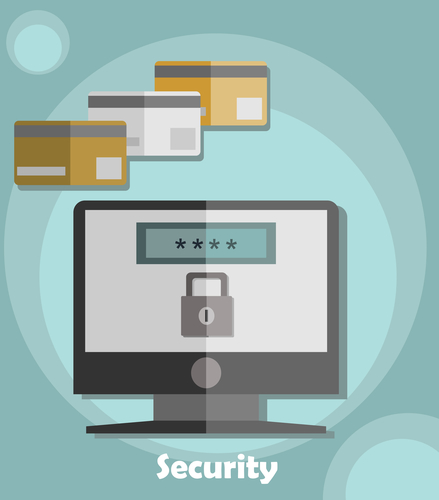The Payment Card Industry (PCI) is an information security control system to keep a check on processing, transmission and storage of card data from major brands such as Visa, JCB, MasterCard, Discover and American express. It was formulated with a view to minimize fraudulent activities resulting from electronic transactions. Here are a few facts about PCI that you need to be clear about.
PCI Compliance is a must whether you store credit card data or not
The Payment Card Industry Data Security Standards (PCI-DSS) is not only confined to a condition when you store credit card details. It also applies to data handling processes that are conveyed over internet or a phone call. You may not have to comply with all the PCI requirements when there is no data storage, but the greater part of the obligation is still effective. In case you transfer the credit risk to a third party such as Paypal or Skrill, you’ll be liberated from following the PCI compliance, since you interact directly with the software without any data passing through your server.
PCI applies to all sorts of companies, not only the online stores
E-commerce industry is not the only business engaged in storing, processing or transmitting credit card details. PCI compliance is applicable on any company that makes use of credit card payment as a way to get paid either through a terminal or a payment gateway. A card present transaction is more susceptible to risk than web-based solutions.
PCI is not at all complex
It’s futile to designate PCI compliance as a complicated framework with scope of improvements. It is undoubtedly one of the most complete security standard controls with a simple structure that has been formulated in the law. You can hop on to the other tab, go to the PCI website and go through 73 pages of text that will clear all your doubts regarding the security review procedures.
Approved Scanning Vendors (ASV) Test is not the complete part
Passing the ASV test doesn’t guarantee your compliance with PCI requirements. If you provide any form of service, you need to go through a self-evaluation test which will serve as an evidence of falling in line with the security controls mentioned in the Data Security Standards. This assessment will judge your authenticity in providing services and any kind of false depiction can risk your entire business. In case you are found to be non-compliant of the PCI, suitable actions may be taken against you by the payment card brands.
PCI compliance is a compulsion, not a proposal
PCI was established in association with major payment card companies with an objective to bind all the service providers and merchants with a certain set of security requirements that eliminate exploitation of sensitive information which may be put to undesirable use. It doesn’t matter whether your business is small or large scale; if you are processing the incoming payments through a credit or debit card, you have to comply with the commandments or else pay fines or get suspended from utilizing the card processing services.
